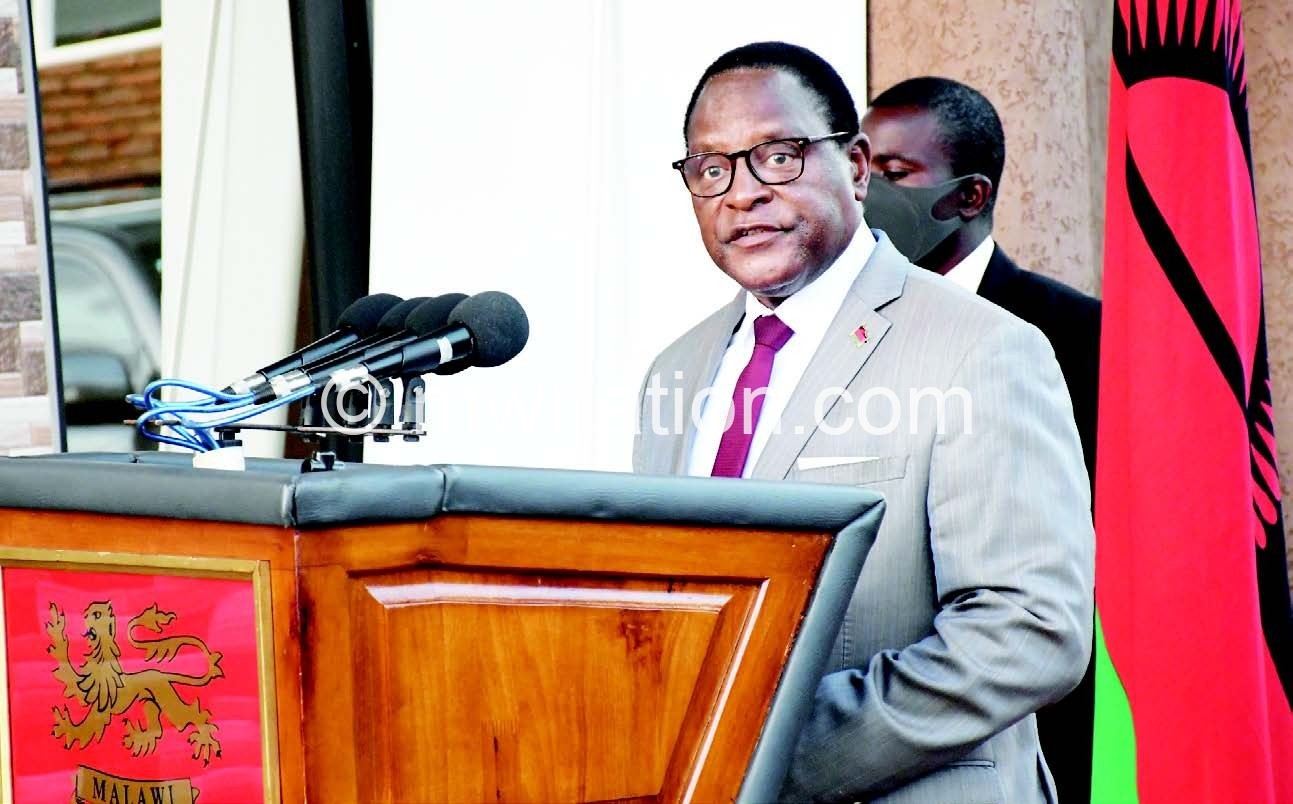More action needed on wildlife crimes
Forty one people, including 12 Chinese, have been apprehended for wildlife crimes in recent weeks. Police and wildlife officials described the number as the highest in a year.
The numbers of Chinese involved in wildlife crimes seem to be on the rise. Records from Wildlife Department show that in 2018 and 2017 only four Chinese were arrested—two in each year—compared to 12 this year alone.
On Tuesday, two of these dealers were convicted and will be sentenced on October 21. The conviction of the two—dubbed most wanted—coincides with the visit of Prince Harry, who has been campaigning for an end to wildlife trade.
Despite the campaign and progress made so far, wildlife crime is still high in this country. We can’t blame government because it has, over the years, stepped up efforts to arrest the problem.
In 2015, Malawi commissioned the country’s first Illegal Wildlife Trade Review. It exposed the nature and extent of the challenges faced: weak legislation, poor law enforcement and high levels of corruption among other factors fueling wildlife crimes.
The National Parks and Wildlife Act was therefore revised in 2017 with sentences now reaching 30 years imprisonment. With these efforts, early this year, the Convention on International Trade in Endangered Species of Wild Fauna and Flora delisted Malawi as one of the countries of primary concern on illegal wildlife crimes.
Wild life crime still haunts the country mainly because foreign poachers use the help of locals to hunt down our animals. Without the help of locals, it would be difficult for the Chinese to commit such crimes and get away with it.
Fingers point at corruption of our public officers—from the immigration, police to parks and wildlife officers.
In the words of Brighton Kumchedwa, the director of Department of National Parks and Wildlife, Malawi never used to grapple with poaching at the levels we see today. Poaching used to be at small scale involving men with homemade guns. The guns, gogodelas, more often claimed the lives of the poachers after misfiring. The act of God, let’s call it like that.
However, these days, poachers have raised their game because of the huge monetary gains from the Chinese buyers and the international connection.
“The battle lines are moving away from the poachers in parks to the organised criminal networks controlling the transnational trafficking chain through transit hubs and border posts all the way to the markets in the East,” one government official told Nation on Sunday last week.
Sadly, local sell-outs—especially the police—top the list of those who demand a cut from such crimes. Word on the street is that, while the police are doing a commendable job in arresting the problem, some bad apples in the force fan the fire by working behind the scenes with criminals.
We on the streets demand answers as to where most of the Chinese that are involved in crime go after arrests and conviction. Or should we assume that they pay fines and are quietly repatriated back to China? If they are in prison, which prisons are these and how many Chinese are there?
In Asia, our brothers and sisters who were caught trafficking drugs are rotting in jail yet here in Malawi, we treat wildlife trade gangs from those countries with kid gloves.
We on the streets believe that corrupt government officials are playing a big role in wildlife crime, and unless corruption in high places is checked, we will continue to lose our wildlife. n





